Health And Medicine
-
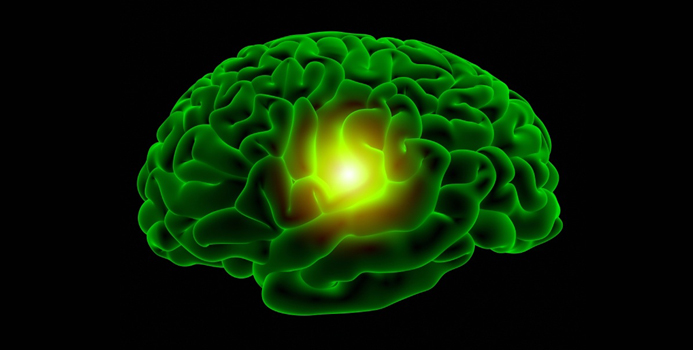
AstraZeneca, VU collaborate to develop new treatments for major brain disorders
AstraZeneca and Vanderbilt University have signed a research collaboration agreement to identify candidate drugs aimed at treating psychosis and other neuropsychiatric symptoms associated with major brain diseases such as Alzheimer’s disease and schizophrenia. Read MoreJan 14, 2013
-

Mouse study sheds light on boy-girl differences
There may be a biological basis for separate doll and dump truck aisles in the toy store. Read MoreJan 10, 2013
-

Simulated Mars mission reveals body’s sodium rhythms
Clinical pharmacologist Jens Titze, M.D., and colleagues have discovered that – in contrast to the prevailing dogma – human sodium levels fluctuate rhythmically with 7-day and monthly cycles. Read MoreJan 10, 2013
-
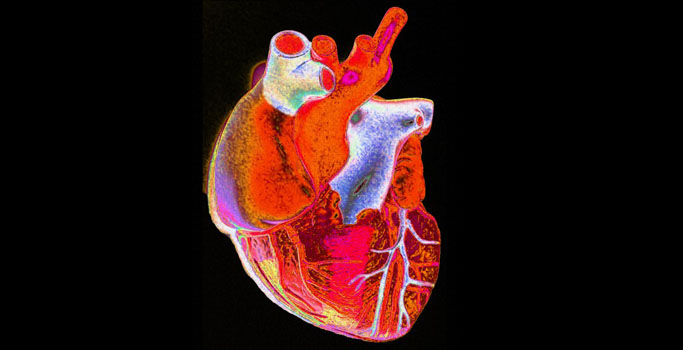
Preventing hardened heart valves
Blocking a serotonin receptor may provide a novel therapy for heart valve disease. Read MoreDec 26, 2012
-

A drug combo for ovarian cancer
Combining another drug with platinum-based chemotherapies may be more effective against ovarian cancer. Read MoreDec 24, 2012
-

Low prenatal alcohol’s brain impact
Even relatively low levels of in utero alcohol exposure impact fetal brain development, and the effects last into adulthood, study finds. Read MoreDec 21, 2012
-
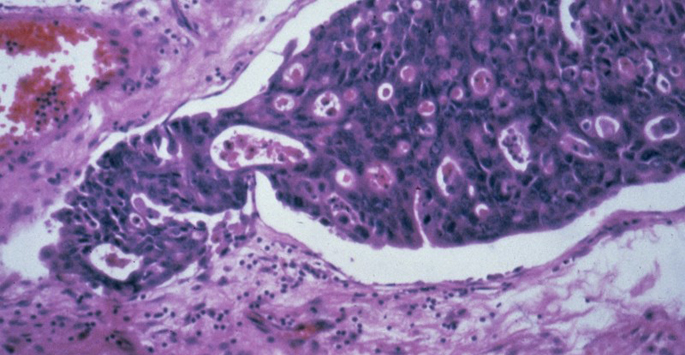
Cancer markers from archived tissue
Archived tissue samples are yielding new disease biomarkers. Read MoreDec 20, 2012
-

Genes, nutrients interact to shape traits
A new study identifies interactions between genes and nutrients that may participate in determining levels of cholesterol and triglycerides. Read MoreDec 12, 2012
-
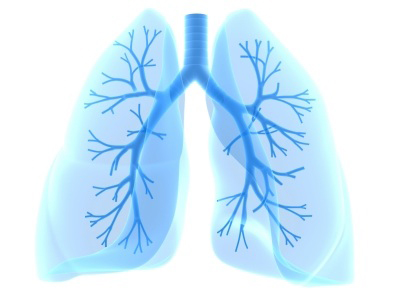
Genetic clues to lung scarring
A rare genetic syndrome provides new clues to lung scarring (pulmonary fibrosis), a potentially deadly consequence of many lung diseases. Read MoreDec 10, 2012
-

Breast milk blocks virus binding
Components of human breast milk help ward off viral infection, a new study shows. Read MoreDec 7, 2012
-

Vice Chancellor Balser: ‘Cliff’ looming for biomedical research
"Beyond the damaging effects on the health of our people, disrupting the nation’s biomedical science infrastructure puts our economic future at risk," writes Vice Chancellor for Health Affairs Jeff Balser in The Tennessean. Read MoreDec 6, 2012
-

‘Longevity’ gene has role in bone loss
A gene associated with long life participates in the normal regulation of bone remodeling and may have a role in bone loss associated with aging. Read MoreDec 6, 2012
-

Carcinogenic chemicals cramp DNA
Researchers have determined how a DNA lesion caused by exposure to chemicals may spark cancer formation. Read MoreNov 21, 2012
-

Bird’s eye view of gut development
A new map of the developing gut of quail offers valuable tool for studying intestinal diseases. Read MoreNov 19, 2012
-

Green tea for failing hearts?
The main antioxidant compound in green tea increases contractile force in isolated heart cells, suggesting it may be useful in heart failure. Read MoreNov 16, 2012
-
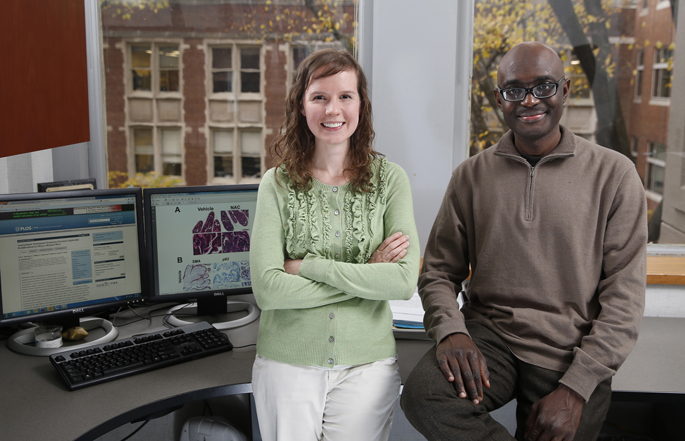
Study tracks antioxidants’ role in prostate tumor growth
Antioxidants promote cell growth in a mouse model of prostate cancer, Vanderbilt researchers report in the journal PLoS ONE. The findings provide insight into the recent controversy regarding antioxidants and prostate cancer prevention. Read MoreNov 15, 2012
-

Inherited lung disease no worse in offspring
An inherited lung disease does not appear to have earlier onset and increased severity – a phenomenon called genetic anticipation – in successive generations. Read MoreNov 15, 2012
-

UNC, Vanderbilt discover a new live vaccine approach for SARS and novel coronaviruses
Collaborating researchers at the University of North Carolina and Vanderbilt University have found that accelerating the rate of mutations in the coronavirus responsible for deadly severe acute respiratory syndrome (SARS) cripples the virus’s ability to cause disease in animals. Read MoreNov 12, 2012
-

Commonly prescribed oral diabetes drug offers cardiac benefits
Patients prescribed the diabetes drug metformin have a lower risk for heart attack, stroke and death than patients taking sulfonylurea drugs. Read MoreNov 8, 2012
-

Kidney woes during heart failure
Levels of the protein NGAL may be a good predictor of worsening kidney function in patients with acute heart failure. Read MoreNov 8, 2012